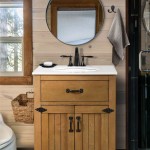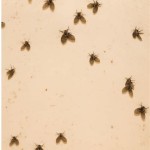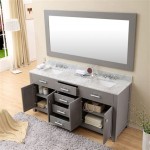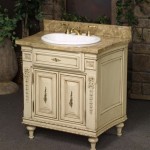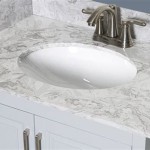Smell Bathroom Sink Overflow
The smell bathroom sink overflow is a crucial aspect of bathroom maintenance that often goes unnoticed until a problem arises. Various factors can contribute to unpleasant odors emanating from the sink overflow, and understanding their causes and essential aspects is vital for effective odor elimination and prevention.
This article will delve into the essential aspects of the smell bathroom sink overflow, providing a comprehensive guide to diagnosing, addressing, and preventing odor issues:
### Cause: Bacterial Build-UpThe overflow opening in the bathroom sink is a prime breeding ground for bacteria due to moisture and organic matter accumulation. As water drains through the overflow, it carries soap scum, toothpaste residue, and other organic matter. When this material collects in the overflow opening, it provides a food source for bacteria, leading to unpleasant odors.
### Cause: Hair and Soap Scum AccumulationHair and soap scum can accumulate in the overflow opening, blocking the flow of water and creating an environment conducive to bacterial growth. Over time, the accumulation can become significant, trapping water and organic matter and releasing foul odors.
### Cause: Dry P-TrapThe P-trap beneath the bathroom sink is designed to hold water, creating a seal that prevents sewer gases from entering the bathroom. If the P-trap dries out, the seal is broken, allowing sewer gases to escape and create unpleasant odors in the bathroom.
### Cause: Clogged DrainA clogged drain can create a situation where water backs up into the overflow opening. As the water sits in the overflow, it becomes stagnant and attracts bacteria, leading to odor development.
### Prevention: Regular CleaningRegular cleaning of the bathroom sink, including the overflow opening, is essential for odor prevention. Use a sink cleaner or a mixture of baking soda and vinegar to dissolve soap scum and remove bacteria from the overflow opening.
### Prevention: Hair CatcherInstalling a hair catcher over the bathroom sink drain can prevent hair from entering the overflow opening. This simple device helps keep the overflow clean and reduces the risk of hair accumulation and odor formation.
### Prevention: P-Trap MaintenanceEnsure that the P-trap beneath the bathroom sink is properly installed and filled with water. If the P-trap dries out, add water or use a drain cleaner to ensure the water seal is intact and prevents sewer gases from entering the bathroom.
### ConclusionUnderstanding the essential aspects of the smell bathroom sink overflow enables homeowners to effectively diagnose and resolve odor issues. By addressing bacterial build-up, hair and soap scum accumulation, dry P-traps, and clogged drains, and implementing preventive measures, it is possible to maintain a clean and odor-free bathroom sink overflow.

Function And Cleaning Of A Sink Overflow Hole Merry Maids

Sink Overflow Cleaning S Maid To Please

Fix For Smelly Sink So Ready A New House Bathroom Drain Smell

How To Clean A Stinky Sink Drain Home Repair Tutor

How To Get Rid Of The Sewer Smell From A Bathroom Terry S Plumbing

Waterdrills Sink Overflow Demo

Clean Your Sink Overflow Easily A Comprehensive Guide

Sink Smells Bad Remove Odor From Overflow Hole Clean With Eyme Cleaner

How To Clean Sink Overflow In Your Home 6 Tips Kitchen

Moldy Smelling Water From Bathroom Faucet Hometalk
Related Posts


